The fears about Coronavirus COVID-19 have hit a fever pitch. Reportedly, there are now more than 93,000 people worldwide who have been infected by Coronavirus and the death toll stands at more than 3,100.
Just to recap, Coronavirus is said to have originated from the animal wet markets in Wuhan, China and has now become a global epidemic with the disease spreading all over the globe. Outside of China, the most affected countries are South Korea, Iran and Italy.
Generally, Coronaviruses are a large family of viruses that can cause illness in people as well as animals, including camels, cats, and bats. In humans, the virus typically causes the common cold, laryngitis and pneumonia and could also affect the central nervous system.
In these uncertain times, pharmacies, as well as online retailers, are struggling to keep up, as people are stocking up on masks, gloves, hand sanitisers and other medical devices to protect themselves against the virus. These products are listed on our Product Directory. Below we take a look at the most in-demand products that can help win the fight against Coronavirus:
1. Surgical masks
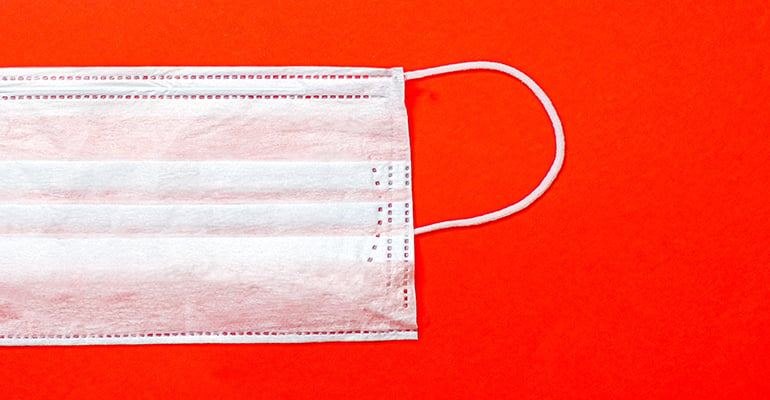
From malls to metro stations, there has been a rise in people wearing surgical masks. In fact, some pharmacies even reported that the product has been out of stock. A surgical mask is a disposable medical device that protects against infectious agents transmitted by droplets. But do face masks really help protect from coronavirus?
Dr. Hend Al Awadhi, Head of Health Promotion and Education Section in the Dubai Health Authority's (DHA) Public Health Protection Department was quoted saying, “The general public does not need to wear face masks, medical professionals most certainly need to, and they have special face masks. In fact, if the public wears facemasks, they run the risk of infecting themselves with the flu because every time you touch an infected surface and then you touch the mask, which is on your face, you increase the chances of infecting yourself. Most people do not know how to wear the mask properly and not everybody is aware of it.”
2. Respirators
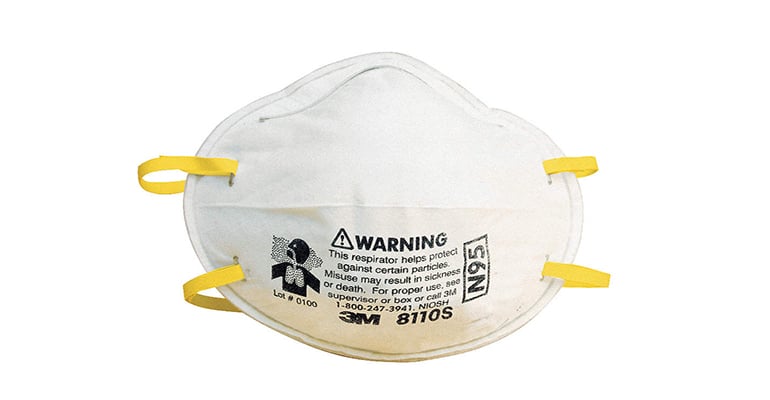
While surgical masks might not be the most efficient way to protect from coronavirus, a more specialised mask, known as an N95 respirator, is said to be more effective. The respirator, a type of personal protection equipment (PPE), is thicker than a surgical mask and have been designed to achieve a very close facial fit in order to offer efficient filtration of airborne particles. When properly fitted, these can filter more airborne particles than face masks. Reportedly, Amazon users have searched for the word "N95 mask" more than 862,000 times in the last 30 days.
3. Gloves
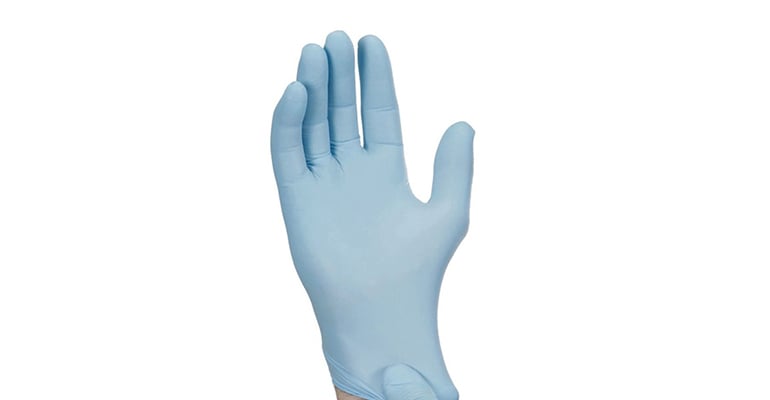
Since it is not possible to wash hands as frequently as possible, there has been a rise in demand for both sterile and exam gloves for virus protection. The gloves should be changed daily and wearing the correct gloves will ensure that the contaminants will not be absorbed and can reduce the chance of contracting viruses. However, precautions need to be taken and wearers should avoid using their gloved hands to touch their face masks or wallets and phones to avoid the spread of infection. Recently, in order to protect themselves from COVID-19, two passengers boarded an Australian flight entirely wrapped in full-body plastic sheets with masks, gloves and make-shift full-body plastic suits!
4. Hand sanitizer dispensers
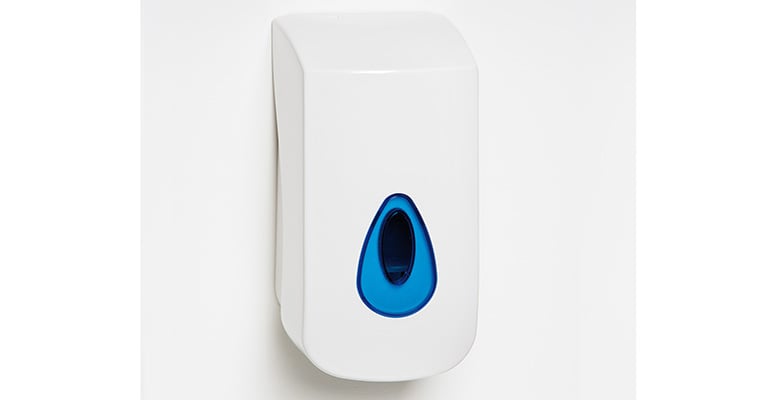
The best way to protect against the transmission of the virus is to prioritise hand hygiene and this has led to an increase in the demand for hand sanitizer dispensers. To prevent the spread of Coronavirus, the Centers for Disease Control and Prevention (CDC) in the U.S. has recommended five steps when it comes to washing hands – Wet, Lather, Scrub for 20 seconds, Rinse, Dry. When using hand sanitizers, it is important the product covers all areas of the hands including between the fingers and under the nails and should be rubbed until dry. According to reports, in the U.S., the demand for hand sanitizers is up by 1,400 per cent.
5. PCR-Kits
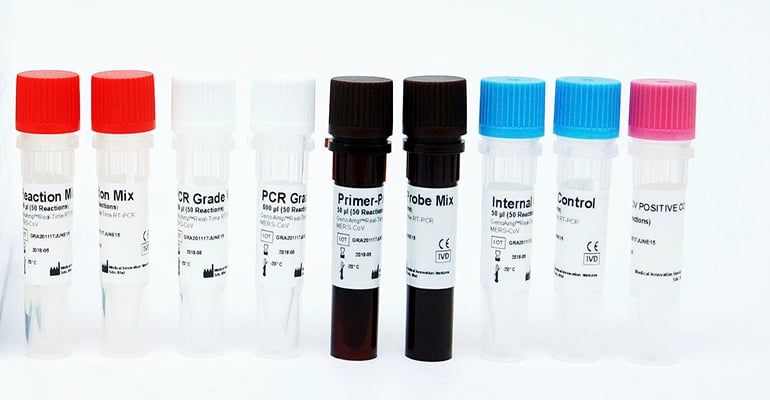
At the moment, pandemic-prone diseases such as coronavirus, are diagnosed by polymerase chain reaction (PCR), a molecular technique. Companies such as Primerdesign and Kogene Biotech have released PCR kits that can help to diagnose the disease. In China, there has been a shortage in coronavirus test kits, which has delayed diagnoses, and people are saying that getting one is like "winning the lottery."
6. Ventilators
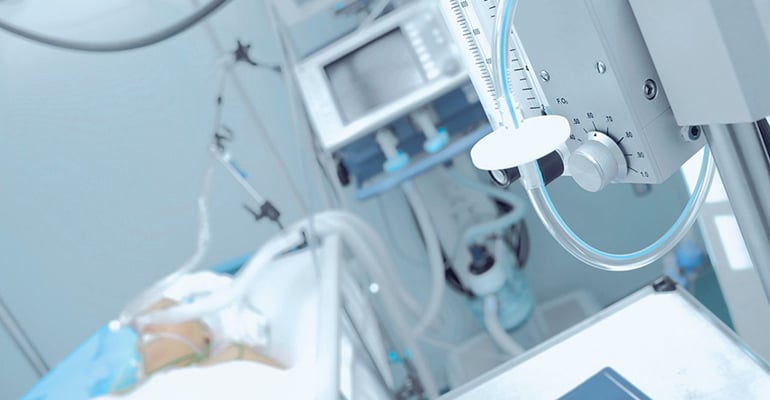
The World Health Organisation (WHO) recently urged the global community to prepare for caring for patients by stocking up on ventilators. In the UK, where the number of infected has increased to 40, the number of home ventilation kits are being expanded.
7. Hazmat suits
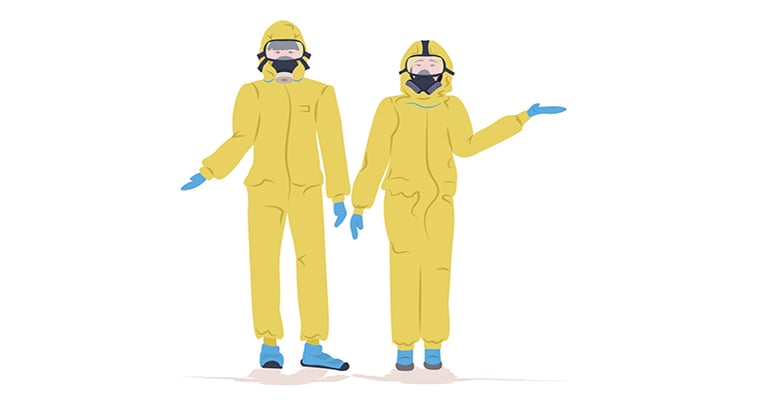
The example seen above of the couple boarding a flight covered fully in plastic illustrates how people feel that complete protection is the need of the hour. In fact, China’s clothing manufacturer Ugly Duck has stopped the production of its winter coats and has started manufacturing thousands of single-use protective hazmat suits, daily.
8. Nebulizers
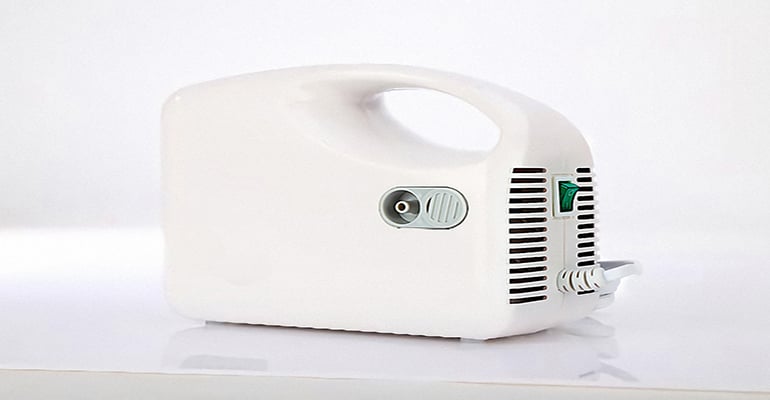
A nebuliser is a machine, which creates a mist of medicine that is breathed in through a mouthpiece. It is most often used to give high doses of a reliever medicine in an emergency. Since there is no vaccine for Coronavirus available at the moment, the Chinese government has reportedly suggested inhaling a dose of nebulized alpha-interferon twice a day.
9. Oxygen therapy machines
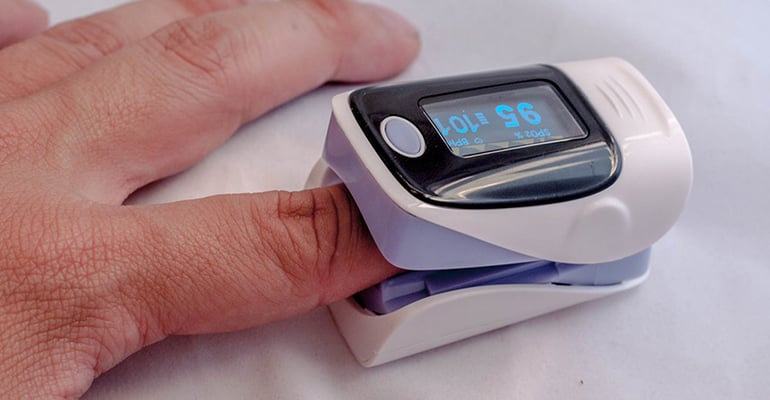
The WHO has stressed that “oxygen therapy is a major treatment intervention for people with severe COVID-19”. This has led to hospitals and clinics all over the world increasing the availability of pulse oximeters and medical oxygen systems.
10. Vitamin C
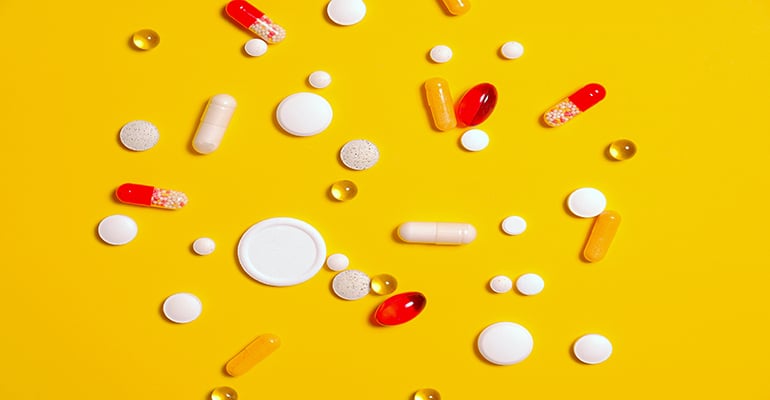
Could Vitamin C actually cure Coronavirus? Researchers in China are administering high amounts of vitamin C on patients carrying the Coronavirus in an attempt to discover whether it can stop the virus. The results haven’t been published yet. However, many have already started selling the supplement as a must-have as part of their Coronavirus kits.
What’s in a name?
The name coronavirus is derived from the Latin word for crown. This is because the virus is sphere-shaped and covered in spikes, which resembles a crown.

